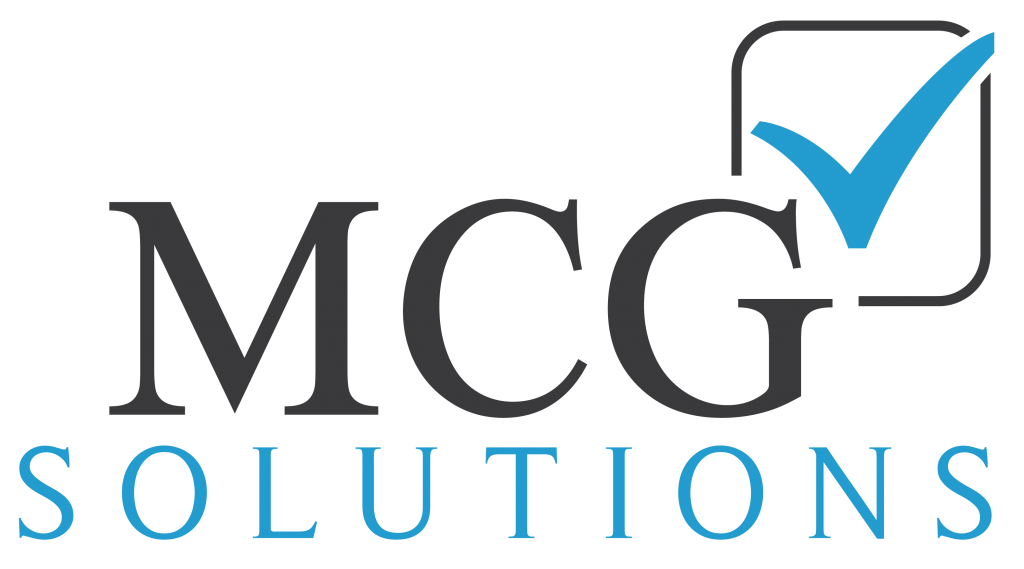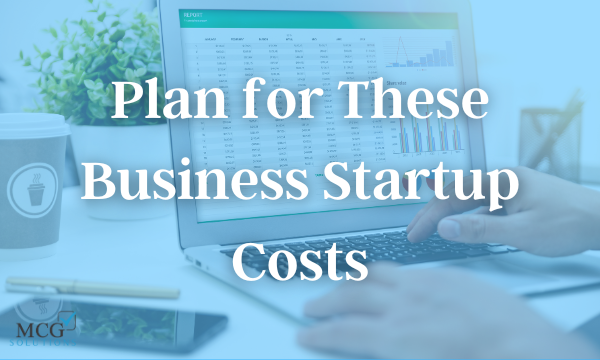Launching your own business is exciting, but new owners may not anticipate all the necessary startup costs involved. When you can anticipate the startup costs, however, you can save up, prepare for expenses and factor them into your overall business plan.
When planning for business startup costs, note that many of them are recurring costs such as rent, web hosting and payroll. Being able to cover one-time fees like LLC formation as well as six months’ worth of recurring expenses will allow you to focus on bringing in clients in those crucial first months.
Here are common business startup costs to consider:
- Business formation fees: If you plan to form an LLC or incorporate your business, you’ll need to plan for filing fees. Don’t forget to account for any federal, state or local licensing and permits, such as sales permits or trade-specific licensing costs.
- Equipment: Equipment costs can vary significantly, depending on the type of business you’re running. Retail businesses might need point-of-sale systems and displays, while restaurants would need professional kitchen equipment, dishware, tables, chairs and more.
- Insurance: Your insurance needs will also depend on your specific business type. A small online business will have much different needs than a brick-and-mortar store or a construction business. To plan for this cost, get quotes from several carriers.
- Inventory: Most businesses require some kind of inventory, whether it’s digital downloads, retail goods, food or building materials. This can be tricky since you don’t want to have too much or too little inventory. Typically, inventory should account for about 17-25 percent of your budget.
- Marketing and websites: Marketing materials can include everything from business cards to television and radio commercials. Try to keep your marketing budget lower than 10 percent of your overall budget, and don’t forget to utilize free options like social media. If you’re running an online store, you’ll need to factor in costs for webhosting, online point-of-sale systems and more.
- Office furniture and supplies: Depending on your business, you may need desks, chairs and electronics as well as paper, pens, folders and other traditional office supplies.
- Office or retail space: Don’t forget to budget for your rent or mortgage when you’re running a brick-and-mortar business.
- Payroll: If you’re hiring employees right away, budget 25-50 percent of your budget for payroll—which includes paid time off, overtime and more. Employees usually cost about 1.25-1.4 times their salary amount, but if you work with contractors, costs will be lower.
- Professional services: Services like consulting and bookkeeping should be considered in your overall budget.
- Shipping: If your business ships or distributes goods, factor that into your budget.
- Taxes: Tax costs can also vary, depending on your location and business type. Keep in mind that the corporate tax rate is 21 percent, but your tax liability could differ.
When you need help with bookkeeping services and tax preparation, reach out to MCG Solutions. We can help you plan for expenses and keep your new business in good financial shape—call today to get started.

